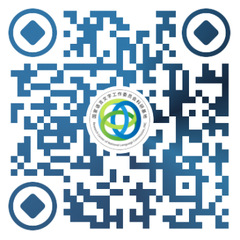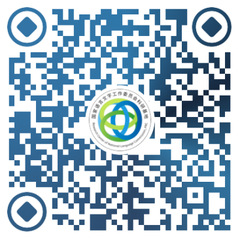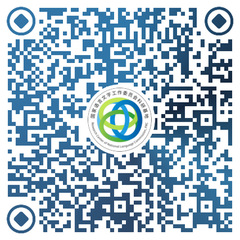题目 | 阿拉斯加诸语言的社会语言学探析 Sociolinguistic Aspects in the Studies of the Languages of Alaska |
主讲人 | 基布里克(俄罗斯科学院语言学研究所) |
主持人 | 赵蓉晖(上海外国语大学) |
讲座语言 | 英语 |
时间 | 10月30日(周四)19:00~20:30 |
参与方式 | “语言与未来”B站直播间(ID:22327813) |

内容提要
In this talk I report the research on the languages of Alaska, conducted by myself and my colleagues. The modern state of Alaska is a large territory of North America with a variety of languages. The history of Alaska is strongly connected with Russia, the first European country that explored and colonized Alaska beginning from the mid-18th century. The early colonization of Alaska by Russian was economically motivated. Alaska interested Russians as a source of furs that played a major role in the trade between Siberia and China. Subsequently Russians explored other Alaskan resources and interacted with the indigenous population. Our research group focuses on two linguistic realms of modern Alaska. One of those is the languages of the Athabaskan, or Dene, languages, primarily the Upper Kuskokwim language of interior Alaska. Upper Kuskokwim Indians are a small group traditionally residing in the upper drainage of the Kuskokwim river. The Upper Kuskokwim people probably never included more that several hundred people, but they exploited a large territory in a semi-nomadic fashion. I will cover topics such as language contacts with other indigenous and non-indigenous groups, dialectal variation, linguistic identities of the Upper Kuskokwim people, and the modern language policy in the community. Another linguistic realm in Alaska that we also research is Alaskan Russian. During the time of Russian America, a social class of creoles was formed. These were people of mixed descent, mostly born from Russian fathers and indigenous mothers. They developed a special variety of Russian that is different from all forms and dialects of Eurasian Russian. I will explain the rise of Alaskan Russian, the linguistic and sociolinguistic aspects of this variety, and its present day status. In addition, in my talk I will provide a context of other languages of Alaska that are different in important ways from Upper Kuskokwim and Alaskan Russian.
主讲人简介
Andrej A. Kibrik is a Russian linguist. In 1984 he graduated from the Department of Theoretical and Applied linguistics of Lomonosov Moscow State University and has been working at the Institute of Linguistics of the Russian Academy of Sciences (RAS) since then. Currently he is Director of the Institute as well as Professor at Lomonosov Moscow State University. His research interests include: language and cognition, spoken and written discourse, multimodality, linguistic diversity, theoretical functional linguistics, field linguistics, sign languages, native American (particularly Athabaskan) languages, languages of Russia, Russian grammar, and language policy. He has published papers and books on various topics, such as theory and typology of reference, languages of Alaska, multichannel communication, cognitive discourse analysis and language revitalization. He is the chief editor of the multivolume publication “Languages of the World” being prepared at the Institute of Linguistics RAS. He is a corresponding member of the Russian Academy of Sciences since 2025. He has been a member of the European Academy (Academia Europaea) since 2013 and a foreign member of the Academy of Sciences of Abkhazia since 2024. In the past he worked in the USA as a Fulbright scholar and was a Humboldt Foundation grant recipient (Germany).







